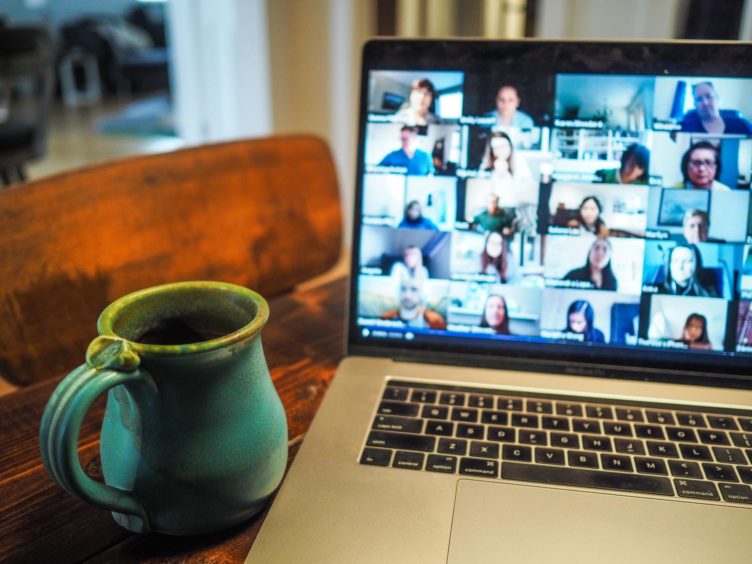
There is no doubt that the Covid-19 pandemic has transformed how we work. Over the past year, it has been a constant challenge to balance legislation and safeguard health, safety and wellbeing as personnel were forced to work remotely.
Employees have been adapting to new working habits, causing increased stress and anxiety for some as we balance the demands of personal and professional lives. Employers have been seeking out effective strategies to support teams through these uncertain times.
International SOS has been working with Neptune Energy, an independent global exploration and production company with operations across the North Sea, North Africa and Asia Pacific, to provide support to its workforce through the implementation of a global wellbeing programme.
Amanda Chilcott, Neptune Energy’s group HR director, said: “A hugely important part of our resilience as a company throughout the pandemic has been our focus on wellbeing and mental health. While the business is resilient, we’re also human and these tough times take a toll on all of us.
“Working from home is one thing, but the business understands and respects that people doing so are also having to balance caring for their children while they’re ‘home-schooling’, looking after elderly relatives or a multitude of other personal responsibilities, all while managing competing work demands. We’ve also seen that those who live alone, who became suddenly isolated from informal human contact, often faced increased feelings of stress and anxiety.
“We recognise that the resilience of our business depends upon our people knowing we are supporting them. This led to us working with International SOS to set out an effective strategy and plan.”
Dr Rodrigo Rodriguez-Fernandez, medical director, health consulting NCD and wellness at International SOS, said: “We developed a comprehensive plan in partnership with Neptune.”
The plan consisted of four key pillars:
1. Resilience and strength
Resilience is what gives people the psychological strength to cope with stress and hardship. It is the mental reservoir of strength that people can call on in times of need.
2. Support and togetherness
Support gives people a feeling of togetherness and closeness to other people. It can allow those who feel alone to reach out to start conversations and begin to heal.
3. Happiness and fun
Happiness and fun can decrease negative emotions, such as stress, anxiety and depression, which can be mentally and physically draining. The less a person experiences happiness and fun, the more energy they have for the happier things in life.
4. Respect and self-awareness
Self-awareness allows us to see things from others’ perspective, practice our respect for others, work creatively and productively, and experience pride in ourselves and our work, improving self-esteem.
Dr Rodriguez-Fernandez continued: “This plan involved building a strategic wellbeing programme that could work virtually.
“Part of the programme consisted of a ‘Digital Wellness Portal’ where employees could complete lifestyle assessments, take part in fitness challenges, link their fitness devices, socialise with colleagues, and access a library of learning materials.”
Sigbjorn Dalane, Neptune’s health and work environment manager, said: “We’ve created a wellbeing calendar with monthly webinars in association with International SOS on topics such as Covid-19, smoking and alcohol, mental health and how to maintain a healthy lifestyle.
“Neptune has set up a Wellbeing Rewards scheme to encourage employees to participate in the monthly activities, with rewards given to colleagues when they increase their wellbeing points.
“This experience resulted in a 92% satisfaction rate with the efforts during the activities, while 68% of participants perceived an improvement in health.”
For anyone interested in finding out more about International SOS’ wellbeing programmes, please contact Claire Westbrook-Keir, director of key account management at International SOS: claire.westbrook@internationalsos.com
